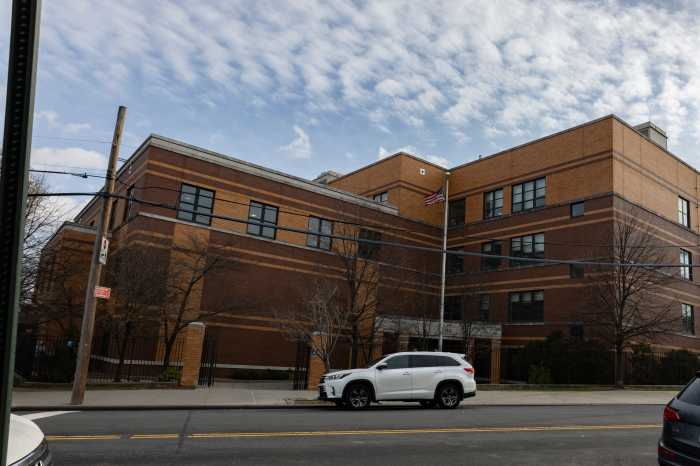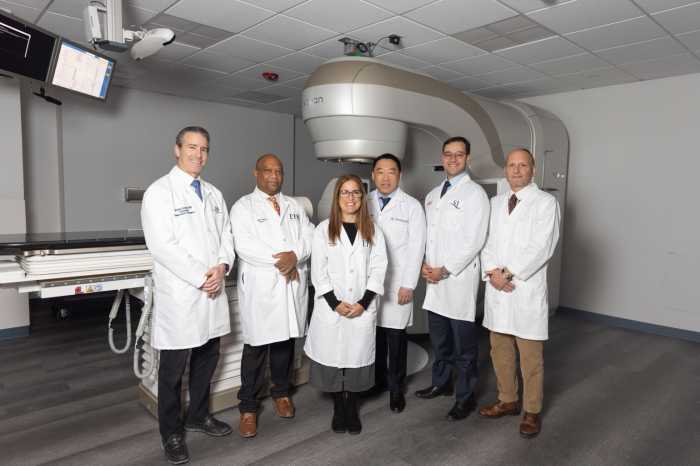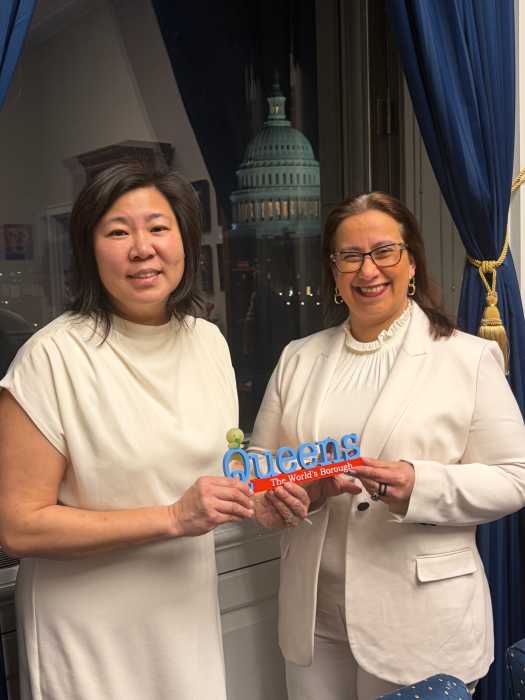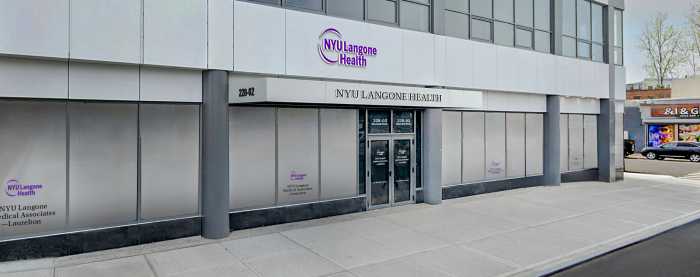More than two thousand years ago Hippocrates, the father of modern medicine, used powder made from the bark and leaves of the willow tree to alleviate and heal aches, pains and fevers. The powder in its pure form is called Salicylic acid, which is the active ingredient of aspirin.
In 1853, a French chemist was able to neutralize the compound so it would be buffered and innocuous to stomach. It was not until 1900 when the German company Bayer patented the wonder drug as aspirin, thanks to chemist Felix Hoffmann, who convinced Bayer when he saw its efficacy for his father’s arthritic pain.
In the past decade or so, the benefit of aspirin to reduce morbidity and mortality with regard to cardiovascular disease including coronary artery disease (CAD), stroke and peripheral vascular disease, (PVD) has flourished in the medical literature.
I am often asked, “Doctor, do I need to take baby aspirin every day?” Well, before I answer this question, it is important to understand how aspirin works.
Aspirin has three different mechanisms based on dosages.
In low dose as “baby aspirin,” we know it; it kills platelets in blood, which are tiny fragments of cells that circulate and clump together to help the blood to clot.
In moderate dose, it relieves pains and in high dose, it has anti-inflammatory effect.
It is in the killing of the platelets that the most benefit exists with regard to heart disease. When there is a narrowing of the artery of the heart, the clot formation along the narrowing or blockage can precipitate obstruction of blood flow to the heart muscle causing heart attack.
The inhibition of platelets by aspirin decreases the tendency for blood to easily clot in the narrowed arteries of the heart. In fact, this phenomenon applies to the narrowed arteries of the brain where aspirin can decrease the risk of stroke.
So who should take aspirin every day? Obviously, a person who is having an active heart attack has to take aspirin immediately, preferably chewing it for faster absorption.
The real question is who is at high risk for heart attacks and stroke?
These people include those that already have heart attacks, stroke, and have had established CAD with either an abnormal stress test or have chest pain (angina). They also include those that have had a stent procedure, which is metal mesh loop to keep a narrowed or blocked artery open just like President Clinton had a few weeks ago, have had coronary artery bypass surgery, or have poor circulation in the extremities known as PAD. The dosing regimen of aspirin has to do with timing of stent placement and in some instances, on discretion of prescribing doctor.
On the other hand, people can have moderate to high risk without any of the above factors due to other health issues such as diabetes, older age, smoking history, high cholesterol and hypertension.
These factors can be instituted in a scoring system called Framingham score, which gives the percentage of cardiac risk in 10 years. If the score is at least 6 to 10 percent, then a “baby aspirin” daily is beneficial to prevent heart attacks for both men and women.
In low risk people, the medical literature has shown some benefit of aspirin. However, the risk of gastrointestinal bleeding from aspirin may outweigh the benefit given the incidence of heart attacks or stroke is typically low in this group.
Interestingly, however, one major study showed the women age 65 and over taking a baby aspirin every day had lower risk of heart attacks and stroke.
In closing, a baby aspirin daily can be very powerful for longer survival and prevent detrimental events such as heart attack and stroke that may have deplorable results in one’s lifestyle. Who knew 2,000 years ago, the powder of bark and leaves of the Willow tree would be the baby aspirin, as we know it today?
Doctor’s Note: Always consult your own doctor before taking aspirin, baby aspirin or any over-the-counter drugs and remedies.
Dr. Kohani is a clinical cardiologist with advanced training in diagnostic cardiac imaging practicing in Lake Success, and has active affiliation with Long Island Jewish Hospital and North Shore University Hospital of Manhasset. He is a member of CompleteCare Cardiology, 2001 Marcus Avenue, Suite W285, Lake Success, NY 11042.


































